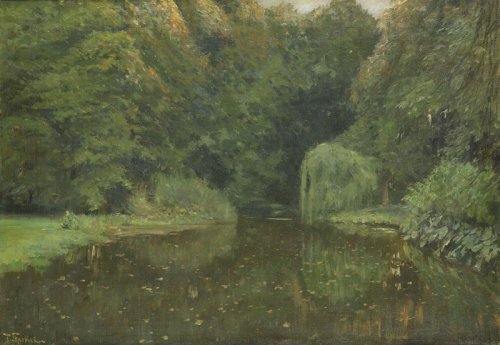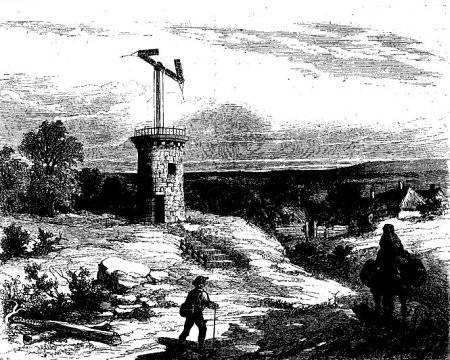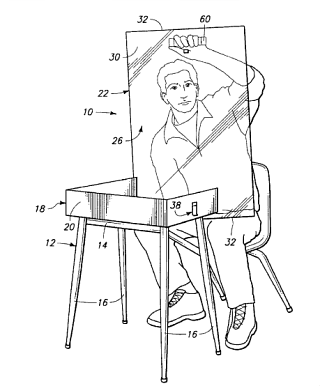
But, say you, surely there is nothing easier than for me to imagine trees, for instance, in a park, or books existing in a closet, and nobody by to perceive them. I answer, you may so, there is no difficulty in it; but what is all this, I beseech you, more than framing in your mind certain ideas which you call books and trees, and the same time omitting to frame the idea of any one that may perceive them? But do not you yourself perceive or think of them all the while? This therefore is nothing to the purpose; it only shews you have the power of imagining or forming ideas in your mind: but it does not shew that you can conceive it possible the objects of your thought may exist without the mind.
— George Berkeley, A Treatise Concerning the Principles of Human Knowledge, 1710




